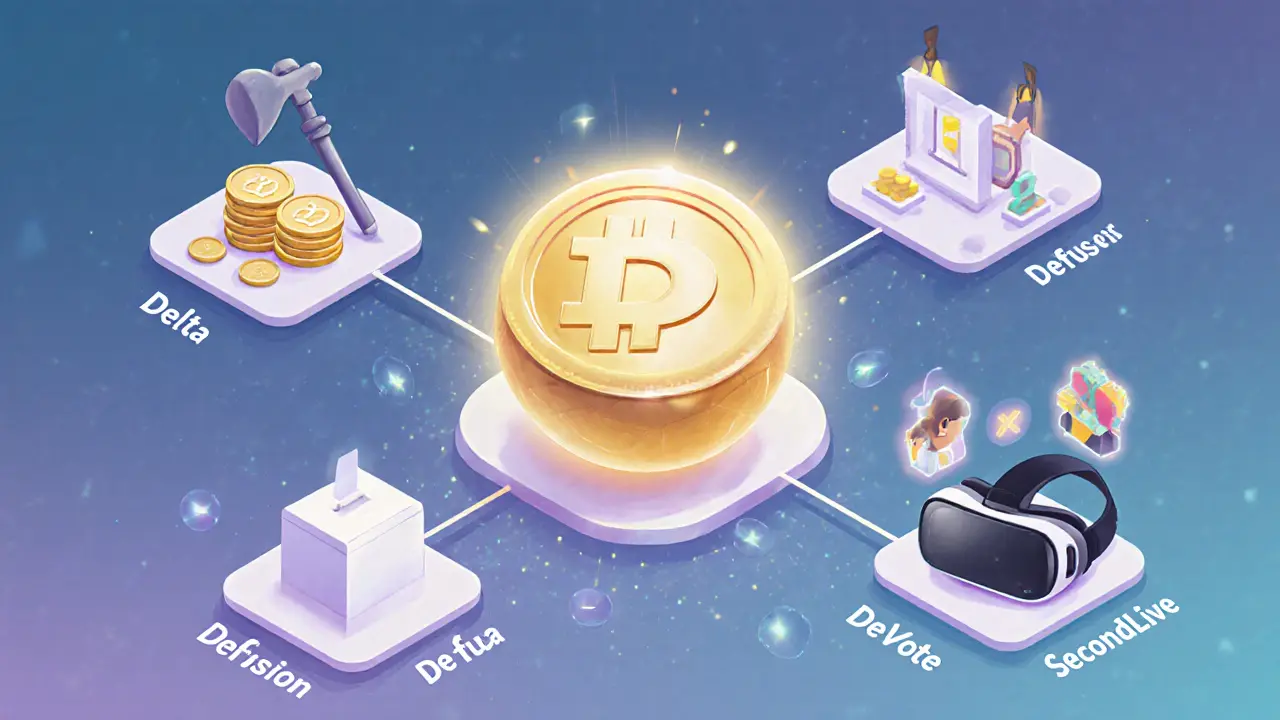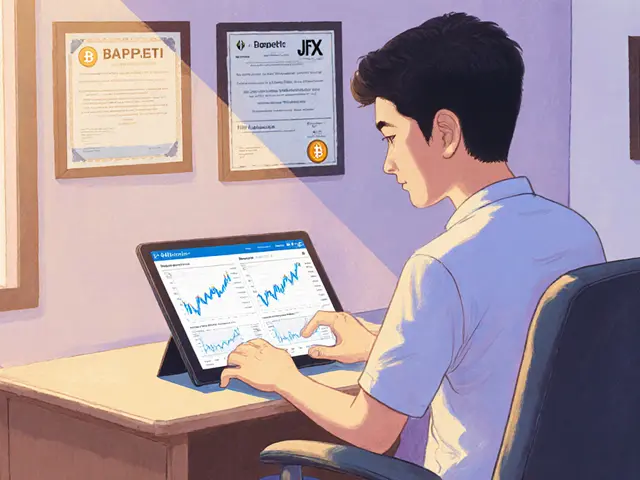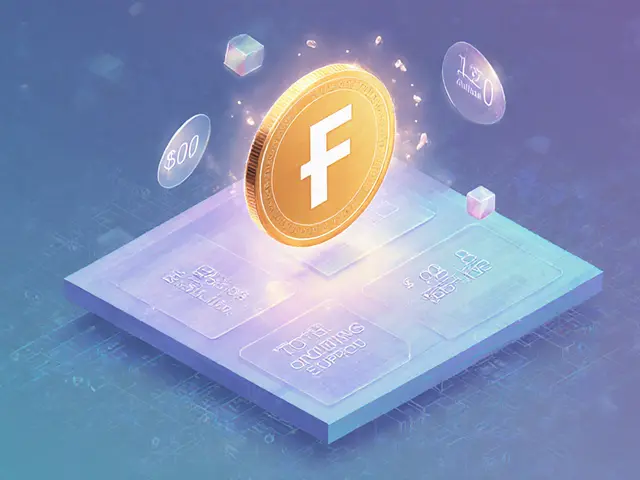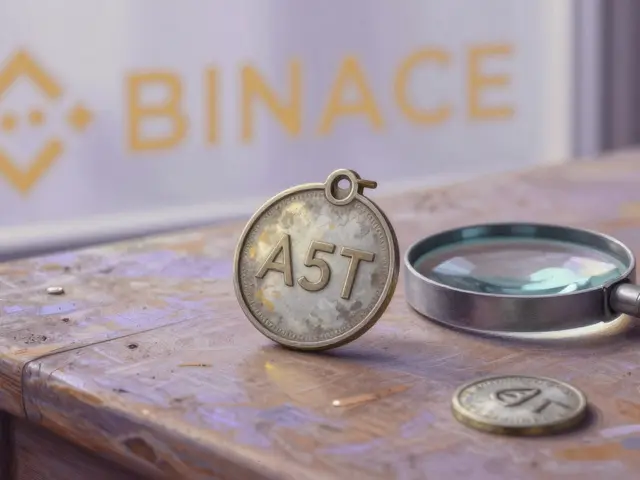Dego Finance: A Practical Overview
When exploring Dego Finance, a layered DeFi and gaming platform built on Binance Smart Chain that blends tokenized assets with play‑to‑earn mechanics, also known as Dego, you quickly see why it’s grabbing attention. It redefines how gamers earn while investors seek yield. The ecosystem sits at the intersection of DeFi, decentralized finance that lets users lend, borrow, and trade without traditional intermediaries and immersive digital experiences.
Key Concepts Behind the Platform
The core of Dego Finance is its native token, which fuels staking, liquidity provision, and in‑game purchases. Tokenomics are designed to reward early participants while controlling inflation through periodic burns. This economic model mirrors traditional finance concepts but operates on smart contracts that execute automatically, eliminating manual oversight. By tying token utility to both financial returns and gameplay progress, Dego creates a feedback loop where earnings can be reinvested to unlock higher‑value assets.
Another pillar is blockchain gaming, the use of distributed ledger technology to own, trade, and monetize in‑game items as verifiable NFTs. Dego’s games let players earn unique collectibles that live on chain, meaning ownership is provable and transferable across platforms. This approach turns casual play into a genuine income stream and opens doors for secondary markets where rarity drives price.
Non‑fungible tokens (NFT, unique digital tokens that represent ownership of a specific asset, artwork, or in‑game item) are woven into every title. Each NFT carries metadata that describes its attributes, rarity, and unlockable benefits within Dego’s ecosystem. Because NFTs are immutable, creators can guarantee scarcity, and collectors can trust the provenance of each piece. This trust factor fuels vibrant marketplaces where users buy, sell, or lease assets to boost their gameplay or diversify their investment portfolios.
Smart contracts on Binance Smart Chain execute the platform’s financial logic, from yield farming to reward distribution. The choice of BSC reduces transaction fees and speeds up confirmations, which is crucial for real‑time gaming actions. By leveraging a high‑throughput chain, Dego avoids the bottlenecks that plague older networks, ensuring that players experience smooth gameplay without costly delays.
Community engagement is another driver of growth. Regular airdrops, governance votes, and partnership announcements keep token holders involved in decision‑making. These events not only distribute value but also create data points that reflect market sentiment, helping analysts gauge the platform’s health. In practice, a well‑informed community can spot risks early, such as contract vulnerabilities or token price volatility, and act collectively to mitigate them.
Security measures include third‑party audits, multi‑sig wallets for treasury management, and bug‑bounty programs that reward researchers for uncovering flaws. Staking contracts are designed with slashing penalties to discourage malicious behavior, while liquidity pools are insured through decentralized insurance protocols. Together, these safeguards aim to protect both the financial and gaming aspects of the ecosystem.
Below you’ll find a curated collection of articles that dive deeper into each of these areas—tokenomics breakdowns, NFT marketplace guides, gaming strategy tips, and the latest regulatory updates affecting Dego Finance. Whether you’re a gamer looking to monetize your skills or an investor seeking new yield opportunities, the posts ahead will give you actionable insights to navigate this fast‑growing space.

Explore what Dego Finance (DEGO) really is-its token basics, four core modules, multi‑chain tech, market stats, and how to start using it. A thorough guide for crypto enthusiasts.
Jonathan Jennings May 7, 2025




